In Lacon's world, direct questions were the height of bad taste, but direct answers were worse

In Lacon's world, direct questions were the height of bad taste, but direct answers were worse
John le Carré, the master of espionage fiction, often delves into the complexities of human nature and the moral ambiguity that comes with the world of espionage. In his novels, characters navigate a web of deceit, betrayal, and manipulation, where trust is a rare commodity and secrets are currency. One of the recurring themes in le Carré's work is the art of subtlety and the power of indirect communication.In Lacon's world, direct questions were the height of bad taste, but direct answers were worse. This statement encapsulates the essence of le Carré's approach to storytelling. In the world of espionage, where information is power and deception is a way of life, direct questions can be seen as a sign of weakness or naivety. Asking too many questions can reveal one's intentions and expose vulnerabilities. In a world where trust is scarce and betrayal is common, being too direct can be a dangerous game.
On the other hand, direct answers can be even more perilous. In a world where nothing is as it seems and everyone has something to hide, giving a straight answer can be a fatal mistake. The characters in le Carré's novels often dance around the truth, using half-truths and evasive language to protect themselves and their secrets. Direct answers can be seen as a sign of weakness or a lack of cunning, making one vulnerable to manipulation and exploitation.
Lacon, a recurring character in le Carré's novels, embodies this philosophy of indirect communication. As the head of British intelligence, Lacon is a master of subtlety and manipulation. He understands the power of silence and the importance of reading between the lines. In a world where words can be weapons and trust is a luxury, Lacon's approach to communication is a survival tactic.
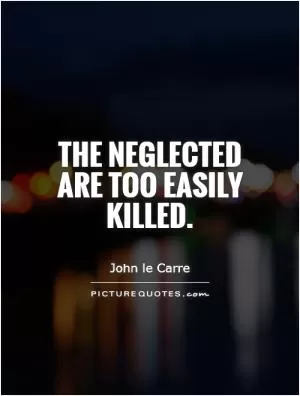


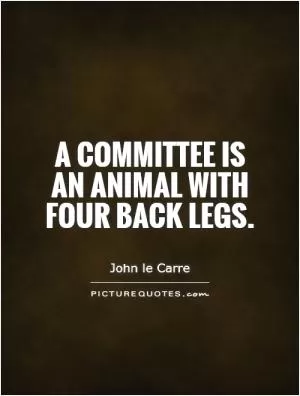
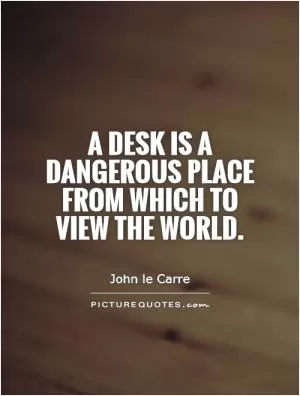
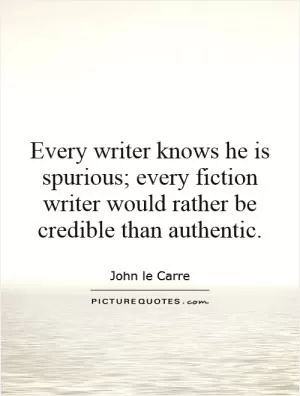

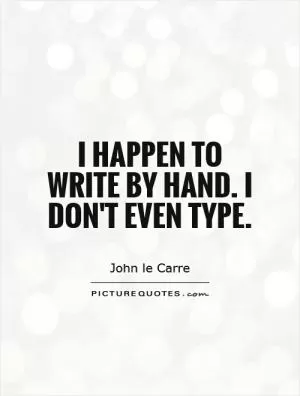
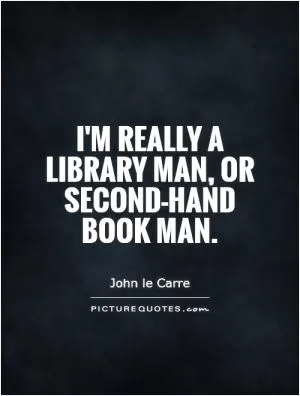
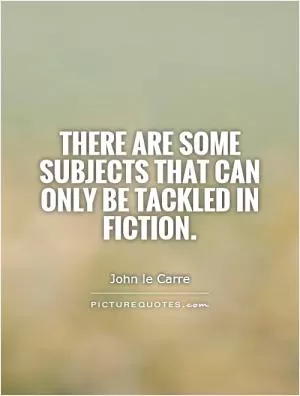


 Friendship Quotes
Friendship Quotes Love Quotes
Love Quotes Life Quotes
Life Quotes Funny Quotes
Funny Quotes Motivational Quotes
Motivational Quotes Inspirational Quotes
Inspirational Quotes